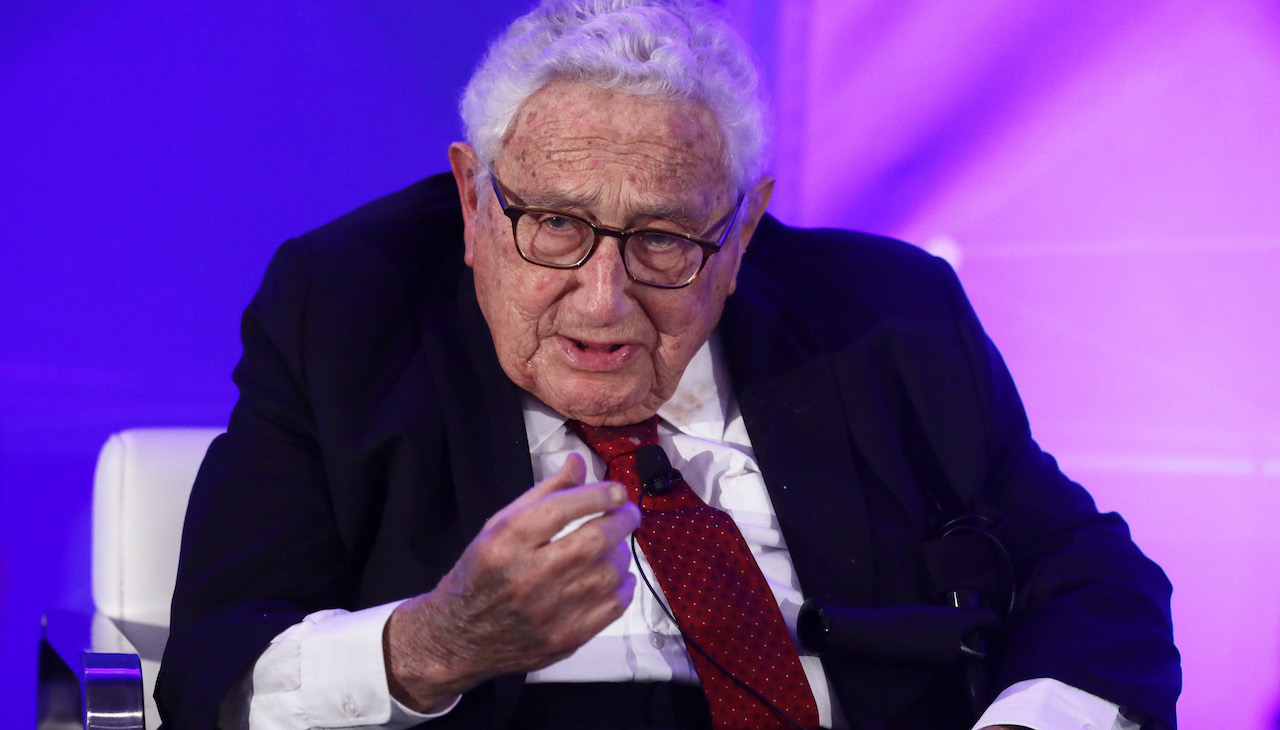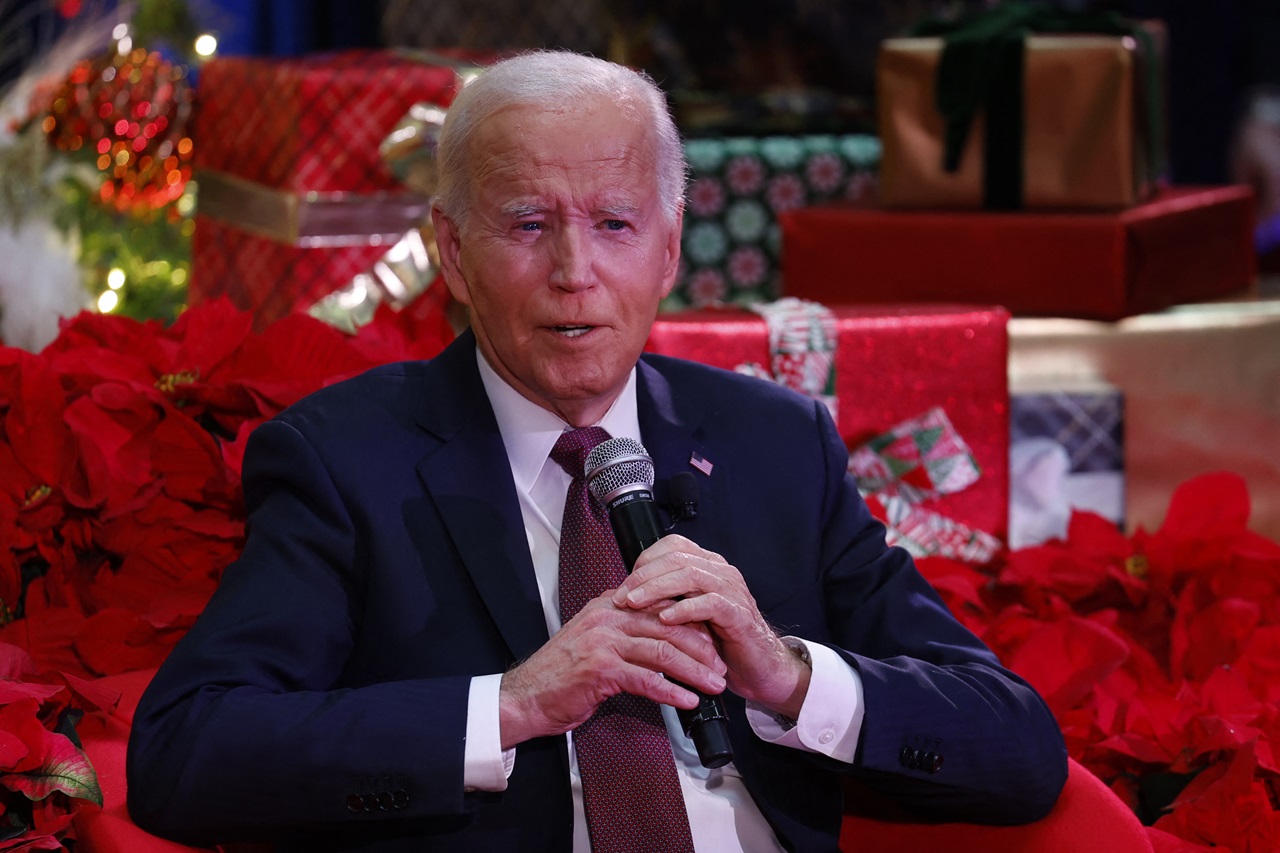
Henry Kissinger, the controversial diplomat called war criminal and political celebrity, turns 100
He’s best known for his Nobel Peace Prize winning actions during the Vietnam War, but his support of dictatorships across Latin America is never mentioned.
The last surviving member of the President Richard Nixon administration, Henry Kissinger, turned 100-years-old this past Saturday, May 27.
The Former U.S. Secretary of State and National Security Advisor to Presidents Richard Nixon and his successor Gerald Ford is best known for his work in negotiating the ceasefires contained in the Paris Peace Accords on "Ending the War and Restoring Peace in Vietnam," that effectively ended the war.
It controversially won him the Nobel Peace Prize in 1973 alongside Vietnamese diplomat Lê Đức Thọ, who refused the award on the grounds that peace had not been restored in South Vietnam.
Kissinger in this eight-year period between 1969 and 1977, became a prominent force in U.S. Foreign Policy during one of the country's most tumultuous periods. Along with his work during the Vietnam War, he also opened relations with China and helped broker arms control agreements with the then-Soviet Union.
Known among D.C. socialites as the “Playboy of the Western Wing,” Kissinger’s later support and various “green lights” that authorized and encouraged the rise of totalitarian regimes in Pakistan, Chile, Indonesia, Argentina, Brazil, and almost every other Latin American country, resulted in the deaths and torture of over tens of thousands.
His actions and controversial policies such as the U.S. bombing of Cambodia during the Vietnam War, U.S. support of Argentina's military junta for their Dirty War, and U.S. support for Pakistan’s genocide of the Bangaldesh people during the Liberation War left hundreds of thousands of dead in Bangladesh, Cambodia, and East Timor.
Critics have labeled him a “war criminal” as a result, but he’s never been held accountable and has made millions as a consultant, author, and commentator in the almost three decades since he’s been away from government.
He’s avoided the very few questions reporters have asked regarding these topics in the many interviews he still actively gives and at 100, it’s unlikely he ever does.
Kissinger's continued influence in Washington’s power brokers as an elder statesman, providing counsel to Republican and Democratic presidents, still influences how the U.S. operates as a superpower in the world, and he’s also run an international consulting business throughout that time.
Born in Germany, 1923, Kissinger was 15-years-old when he and his family fled Nazi-occupied Germany before landing in New York City. His experiences with Nazi persecution, scholars have argued, helped shape his realist approach to foreign policy.
Chile
During the Cold War, as secretary of state and national security advisor, Kissinger became a supporter and alleged co-conspirator of the coups d’etat and military dictatorships that uproared in Latin America during the 1970’s, particularly in Chile and Argentina.
In the case of Chile, Nixon — under the influence of his most trusted advisor in Kissinger — came up with a scheme to interrupt the democratic election of socialist president Salvador Allende in 1970. They gave a “green light” to the Central Intelligence Agency (CIA) to encourage a military coup that would prevent Allende's inauguration, but the plan was not successful.
His election caused concerns in D.C., due to his openly socialist and pro-Cuban politics.
Following the failed attempt, a military junta led by Gen. Augusto Pinochet took over and implemented a dictatorship that resulted in Allende’s assisination and shortly after, the deaths of over tens of thousands of Chileans who were tortured and killed in clandestine camps.
Argentina
In March 1976, a neo-fascist military junta led by General Jorge Rafael Videla overthrew President Isabel Perón and Videla became the dictator of Argentina from 1976 to 1982.
RELATED CONTENT
Under his reign, the Dirty War began that resulted in the torturing and disappearance of civilians and military leftists, thanks to another Kissinger “green light,” that was later revealed to be given during a private meeting in June 1976 with the junta’s foreign minister, Cesar Augusto Guzzetti.
According to a memo obtained in 2004 by the National Security Archive, a nonprofit organization, Guzzetti told Kissinger, “our main problem in Argentina is terrorism.” Kissinger replied, “If there are things that have to be done, you should do them quickly.”
30,000 Argentine civilians were killed. Thousands were kept in more than 400 secret concentration camps before being executed.
Despite the human rights abuses and the tens of thousands of deaths at his word, Kissinger spent a lot of time with these dictators and military generals.
During the peak of the Argentine dictatorship, Kissinger was a special guest of President Videla at the 1978 World Cup in Buenos Aires, who was later convicted of crimes against humanity and served time in military prison.
Even with the upwards of one million fatalities on his watch, the U.S. was and still is infatuated with him. His straightforward bipartisanship is popular amongst celebrities, national figures and is beloved by the rich and powerful.
He went from being a teenager to escape Nazi Germany, to becoming somewhat of a pop icon during his eight years as secretary of state and national security adviser, but history does not lie.
Kissinger’s long history in U.S. and world politics reveal a darker side to his controversial time in power that resulted in the death of democracy and the rise of dictatorship in Latin America, human rights abuses and support for wars abroad, and secret bombings in Southeast Asia.
Though he may never actually be held legally accountable for any of it, reminding the public at-large of his missteps is one way to keep the legacies of those killed alive.
His ultimate legacy however, will always be subject to much debate.











LEAVE A COMMENT:
Join the discussion! Leave a comment.